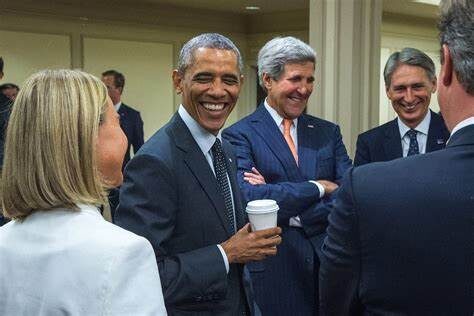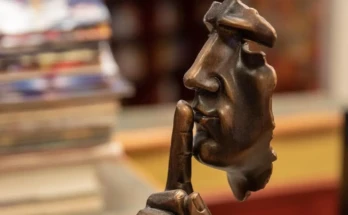
Humor is a universal element of human life, woven into the fabric of every culture and society. While its primary role is often entertainment, humor has played a surprisingly influential part in shaping history, offering insights into the psyche of civilizations, serving as a tool for resistance, and even aiding in diplomacy. Here, we explore the many ways humor has left its mark on history.
1. Humor as a Mirror of Society
Humor reflects the values, norms, and anxieties of the time in which it is created. Ancient Greek comedies by playwrights like Aristophanes lampooned political leaders and societal norms, providing modern historians with a window into the cultural and political landscape of ancient Athens.

Read More: The History of Everyday Objects: From the Wheel to the Smartphone
Similarly, medieval jesters used their wit to speak truths about kings and courts that others couldn’t express openly. Their humor, often cloaked in metaphor or absurdity, served as a subtle critique of power structures.
2. Humor in Times of Crisis

During dark periods in history, humor has served as a coping mechanism. In World War II, British civilians used jokes and cartoons to bolster morale under the constant threat of bombings. In concentration camps, humor—albeit dark and satirical—became a tool for survival, helping prisoners retain a sense of humanity amidst unimaginable suffering. These instances highlight humor’s resilience and its ability to provide solace even in the bleakest moments.
3. Political Humor as Resistance
From pamphlets during the French Revolution to modern-day memes, humor has been a weapon for the powerless against the powerful. Political satire has long been used to undermine authority and critique unjust systems.

Read More: Artistry and Analysis: Who Truly Defines Genius?
In the Soviet Union, underground jokes (known as “anekdoty”) subtly mocked the regime and its leaders, allowing citizens to express dissent without overt rebellion. In more recent history, humor has played a pivotal role in movements for civil rights and social justice. From the clever signs at protests to satirical performances, humor disarms, engages, and spreads messages in ways that traditional rhetoric cannot.
4. Diplomacy and Humor
Humor has also played a surprising role in diplomacy. Leaders who employ humor strategically often find it an effective tool for diffusing tension and fostering goodwill.

Read More: Royal Regalia: A Timeless Tapestry of Power and Elegance
President John F. Kennedy’s quip during the Cuban Missile Crisis negotiations or Ronald Reagan’s jokes during the Cold War exemplify how humor can humanize leaders, build rapport, and pave the way for dialogue.
5. The Legacy of Humor
The humor of past eras provides historians with a unique perspective on the zeitgeist of the times.

What people found funny—or offensive—sheds light on societal norms, prejudices, and priorities. Moreover, humor’s ability to unite people across cultural and linguistic boundaries underscores its timeless relevance.
Conclusion
The role of humor in history is far more profound than it may initially appear. Beyond its surface-level function of eliciting laughter, humor has been a mirror, a shield, and a weapon. It has critiqued power, offered comfort, and bridged divides. As we study history, paying attention to the humor of each era enriches our understanding of humanity’s complexities and the indomitable spirit that persists through every trial.


